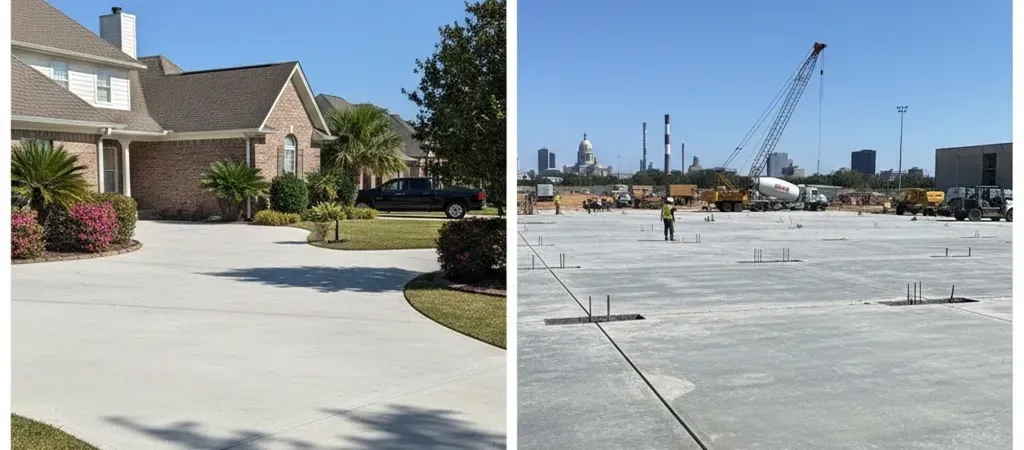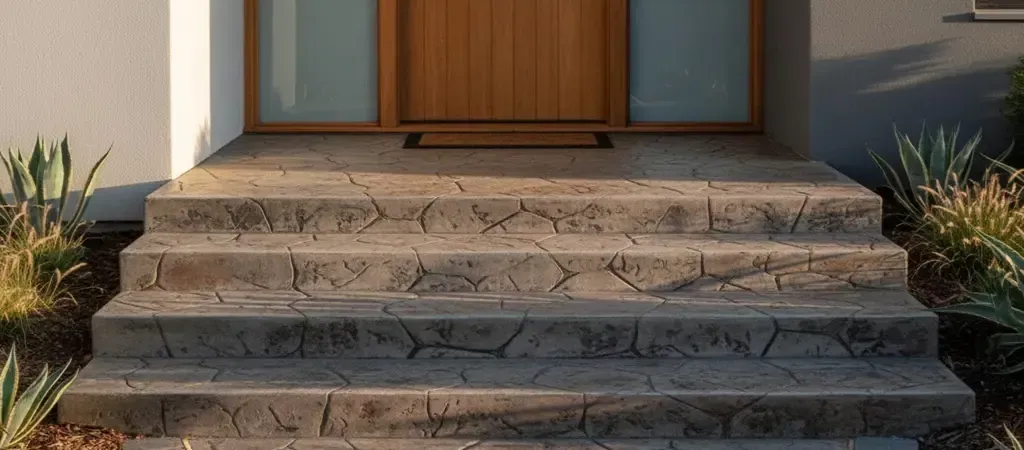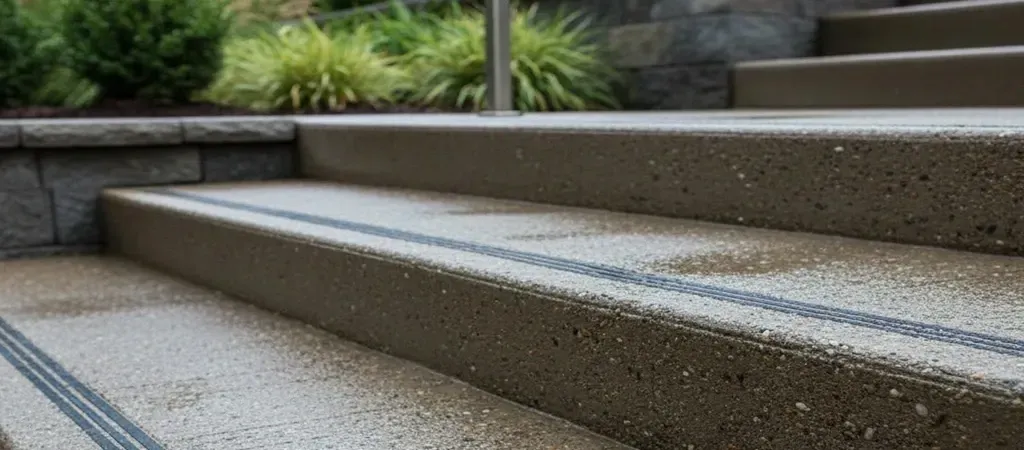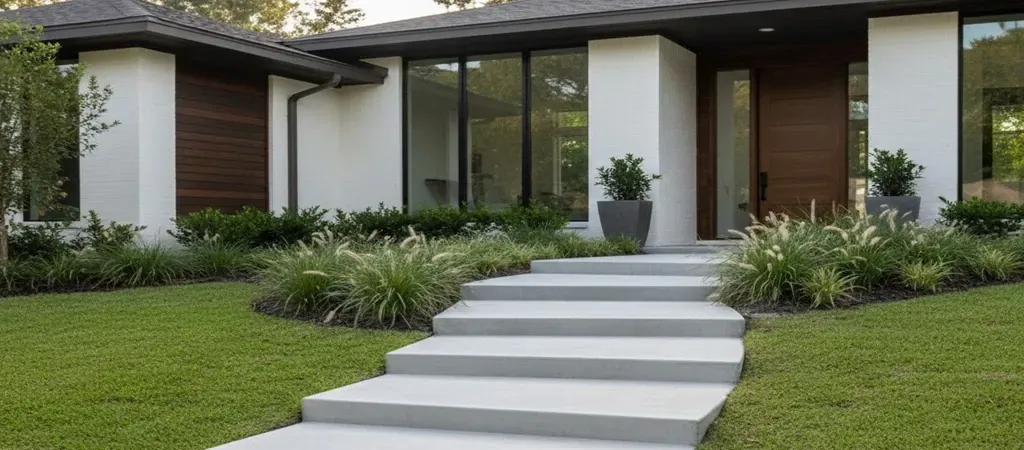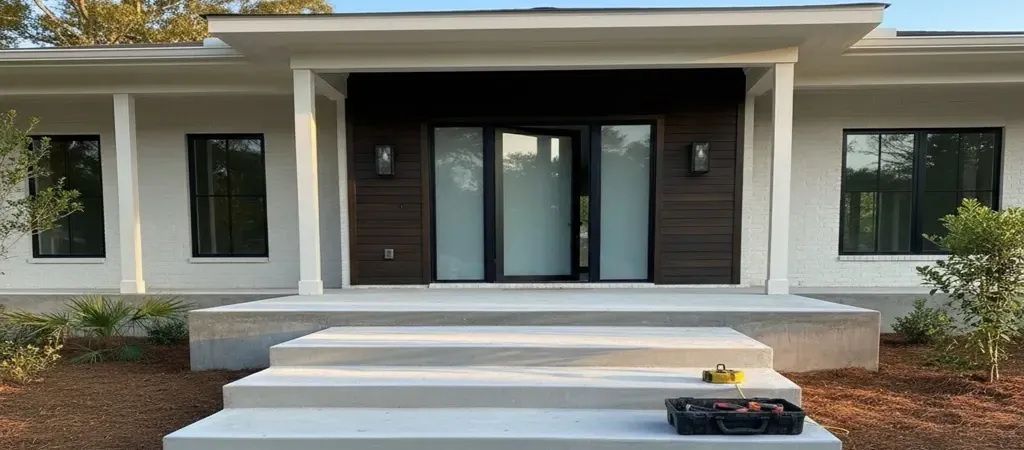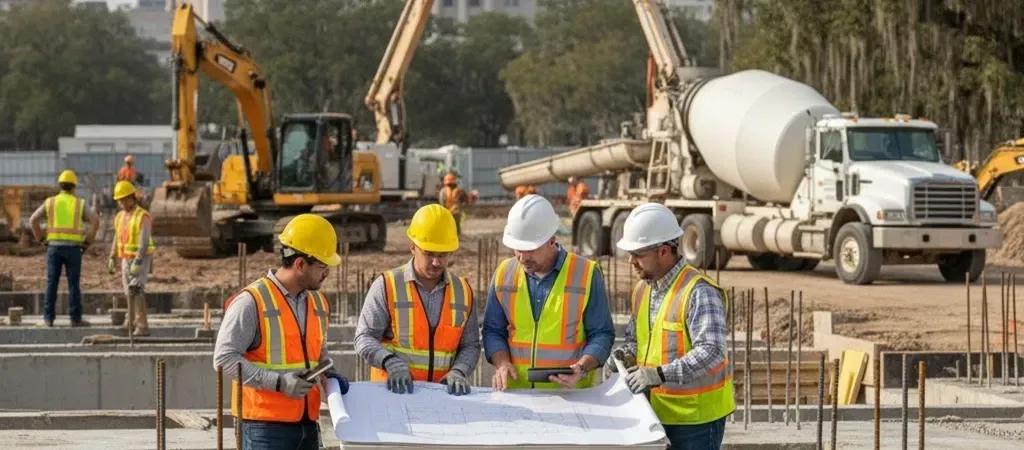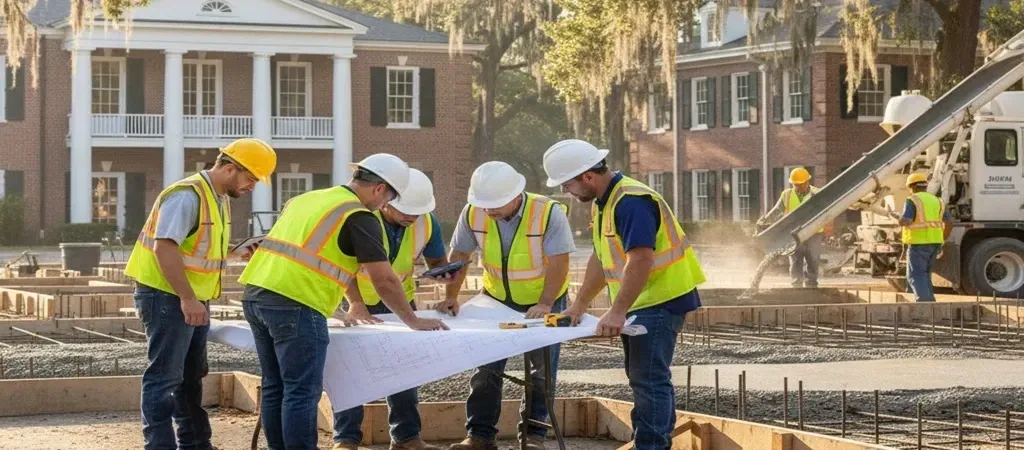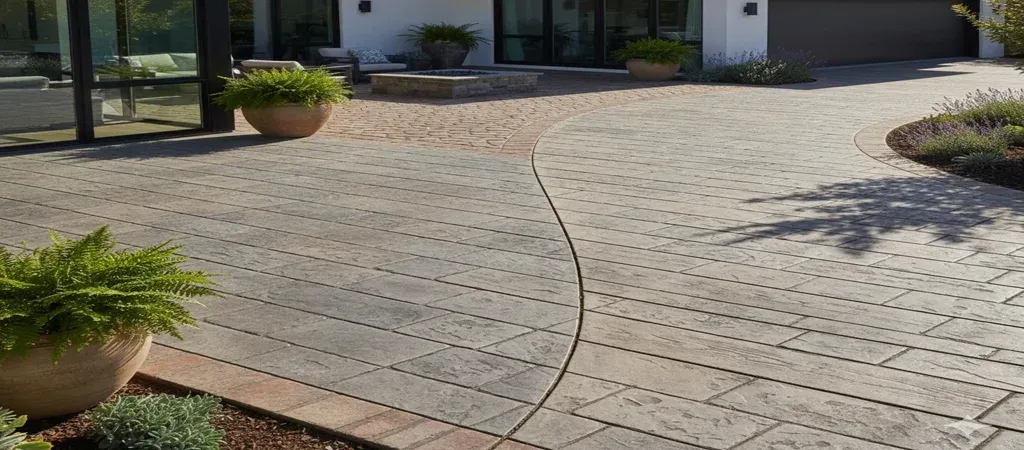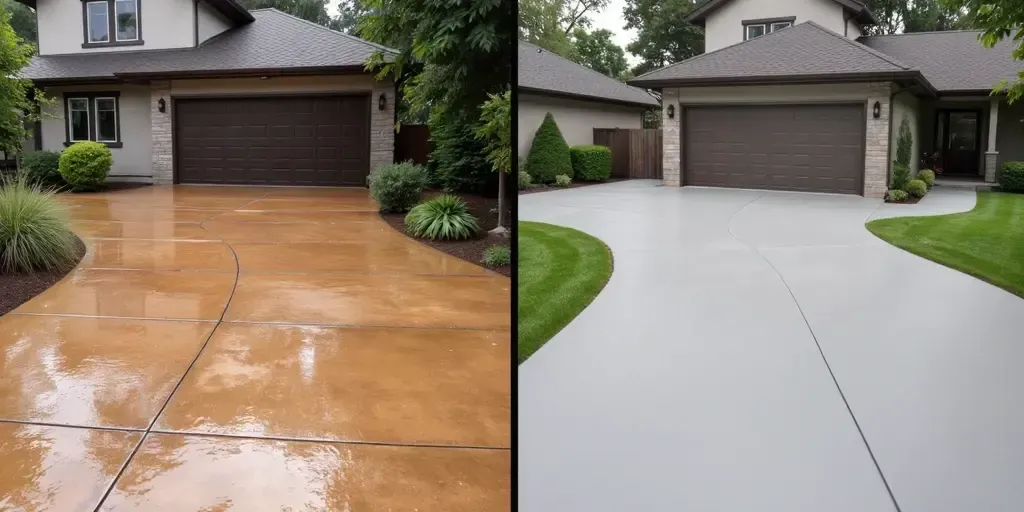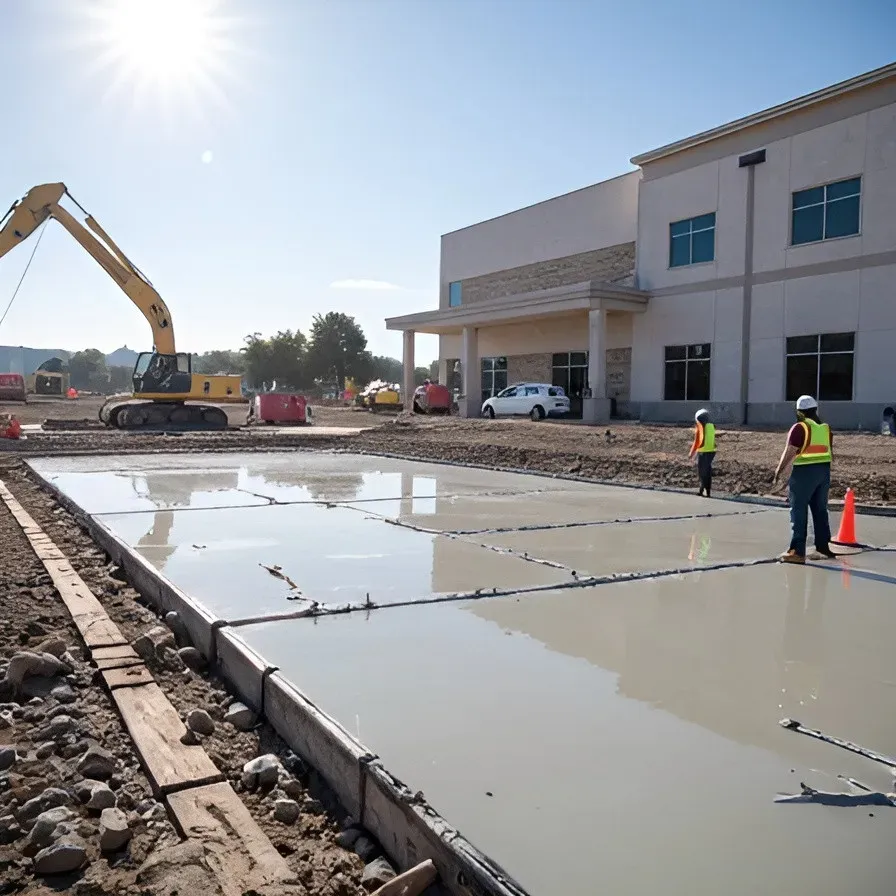Why Choosing the Right Concrete Mix Matters for Baton Rouge Home and Commercial Projects
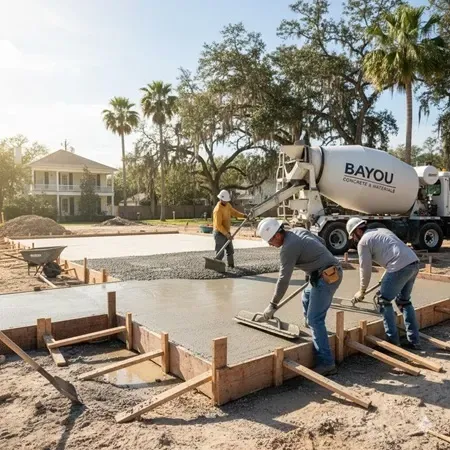
Concrete may appear simple, gray, heavy, and solid, but anyone who has worked in unpredictable climates and diverse locations knows that not all concrete should have the same type of mix.
Concrete construction in Baton Rouge faces difficult challenges. The soil moves, the humidity soaks, and the summers bake everything in sight. That’s why the type of mix you choose determines whether your slab lasts for decades or starts cracking before your first crawfish boil.
From driveways to large commercial projects, the right concrete mix is a technical decision that defines the line between craftsmanship and costly repairs.
Why Baton Rouge’s Climate Demands Smarter Concrete Choices
I have worked everywhere from Lafayette to Youngsville to Baton Rouge, on everything from small backyard patios to full commercial foundations. And with that, I can confidently say that Louisiana soil is as unpredictable as the weather. Between high humidity, clay-heavy ground, and frequent rainfall, concrete faces a constant battle against movement, moisture, and heat. That’s why the wrong mix can easily trigger scaling, cracking, or even complete slab failure within a few years.
For this region, you should not settle for basic 2500 PSI concrete. A minimum of 3000 PSI, often closer to 3500 PSI for driveways or commercial flatwork, ensures the surface can handle temperature swings and the heavy loads Baton Rouge properties experience daily.
Add in proper reinforcement, such as rebar or fiber mesh, and pay attention to soil preparation, and you are building something that lasts, not just something that looks good.
The Science and Common Sense Behind the Mix
Concrete is basically a blend of cement, aggregates, and water. How those elements are balanced determines everything from curing time to long-term durability.
Here’s the reality Baton Rouge builders learn fast:
- Too much water weakens the mix. It might make pouring easier, but it increases shrinkage and leads to cracks.
- Aggregate quality matters. Coarse, clean stone helps strengthen the mix, while dusty or poor-grade rock introduces weak points.
- In 95°F heat, improper curing can make your top layer dry too fast, creating a brittle crust that flakes or peels.
That is why experienced finishers do not rely solely on suppliers. Professionals know when a mix feels right, and when it is too wet, too sandy, or too light on cement content. Sometimes, it takes more intuition than engineering to get it perfect.
Finding the right contractor can make or break your project. Learn how to choose a concrete professional who delivers quality and reliability from start to finish.
What Makes a Mix Truly Work
Whether it is a warehouse slab or a backyard patio, the same principles apply:
- Use a 3000 PSI or higher mix. Anything less is a false economy.
- Plan your pour. Weather, soil moisture, and timing all affect results.
- Do not rush the cure. A strong finish takes patience.
Too many Baton Rouge projects fail because someone did not understand how concrete behaves over time. It is important to understand that cracks do not just appear; they develop from decisions. And those decisions start the moment you order your mix.
Understanding your concrete mix is key to lasting results. Explore expert tips, mix types, and best practices that make every pour stronger.
Avoiding the Biggest Concrete Mistakes
If you have ever seen a driveway crumble at the edges or a sidewalk tilt after a rainstorm, you have witnessed what poor planning looks like. Some of the biggest red flags you can see on residential and commercial sites include:
- Skipping soil prep - Pouring over soft or wet ground guarantees uneven settling.
- No reinforcement - Without rebar or wire mesh, slabs flex and fracture.
- Improper control joints - These must be planned, not guessed.
- Cheap mixes - Using a lower-grade mix saves money now, but costs much more in repairs later.
Good concrete work is about prevention, not patching. A bit more care upfront saves years of headaches.
Are you sure your project is set up for long-term success? Discover the top mistakes professionals avoid in commercial concrete work.
The Real Baton Rouge Advantage: Local Knowledge and Proven Results
Concrete reacts differently in South Louisiana than it does in other states. The humidity, the soil composition, and even the local water content all play a role. That is why local expertise is irreplaceable.
Local knowledge can give you a huge advantage because concrete performance depends on environmental compatibility. Understanding how temperature, soil composition, and water quality interact allows builders to design mixes that maintain strength and resist damage over time. Whether for residential patios or commercial foundations, adapting the mix to Baton Rouge’s unique climate is key to achieving long-term durability and structural reliability.
Final Thoughts: Do Not Settle for “Good Enough”
If you are planning a build, do not treat the mix like an afterthought because the concrete you choose today determines how your structure performs tomorrow.
As someone who has spent a lifetime around this craft, I can say with certainty that the right mix does not cost more; it saves more. It prevents callbacks, cracks, and costly replacements.
In Baton Rouge, where weather and soil can turn a lazy pour into a disaster, experience and precision are everything. And if it’s done right once, it will stand for decades.
The right concrete mix starts with expert guidance. Consult with concrete professionals about your project to ensure the right mix, proper strength, and long-lasting results.
